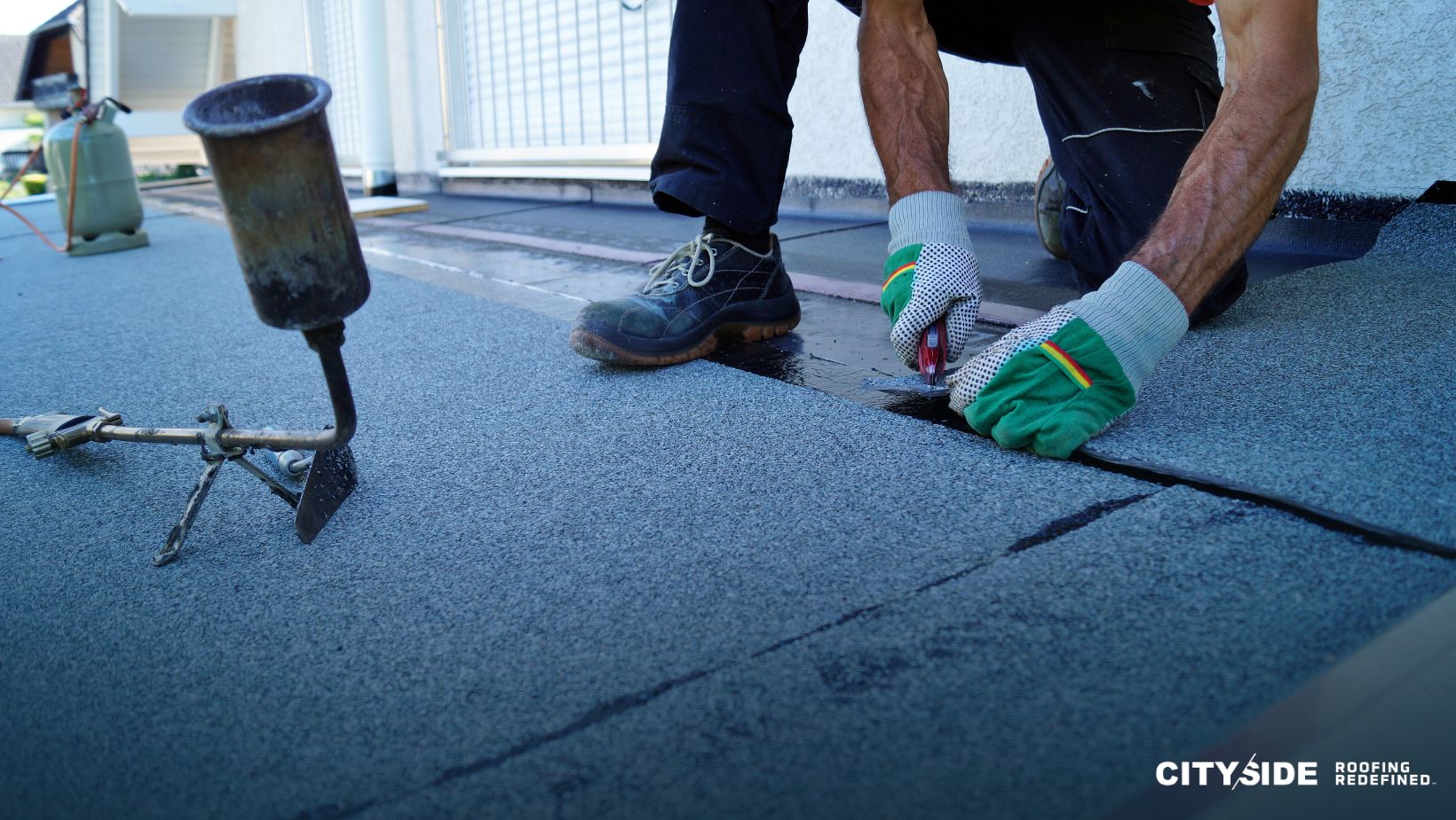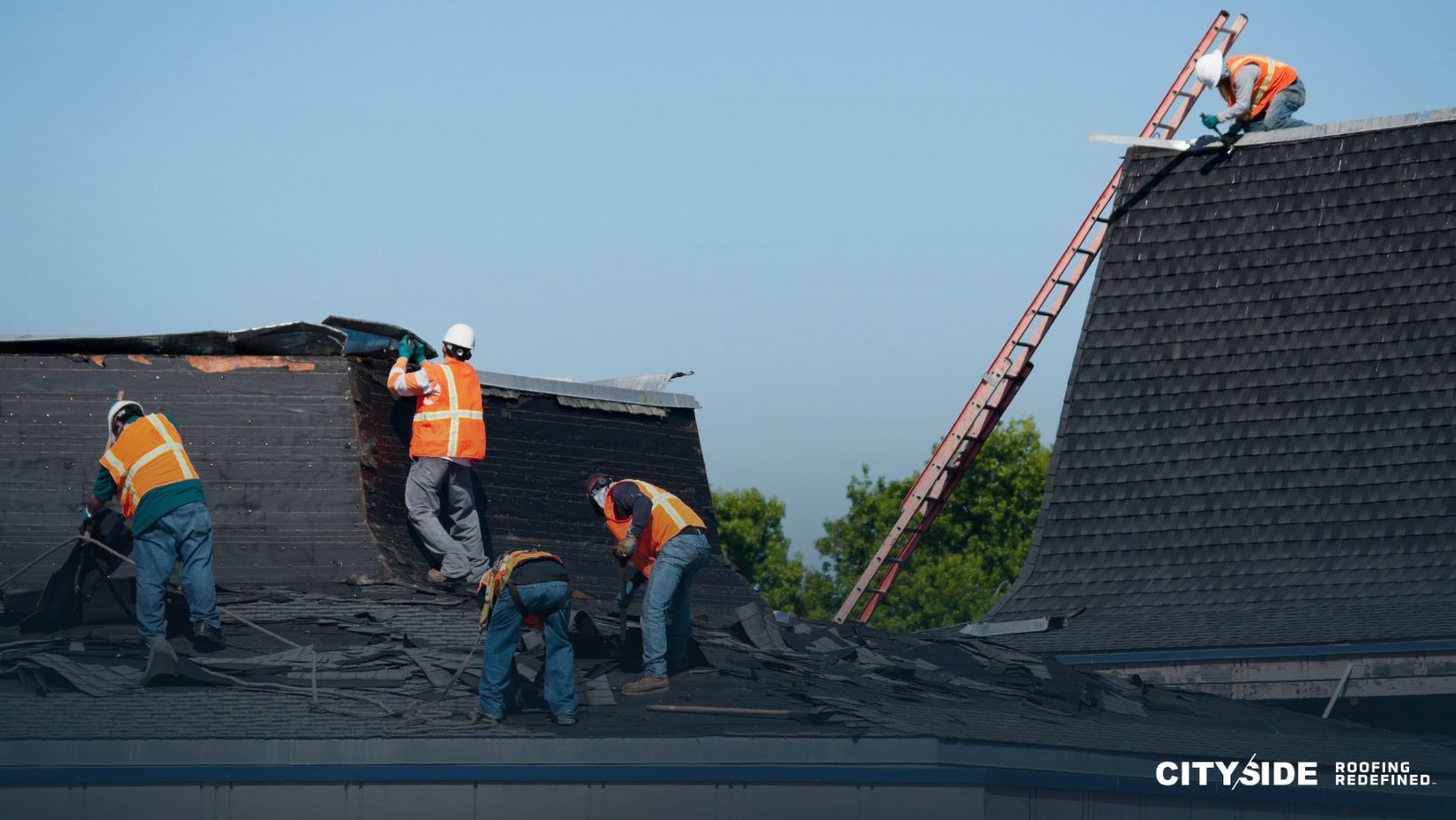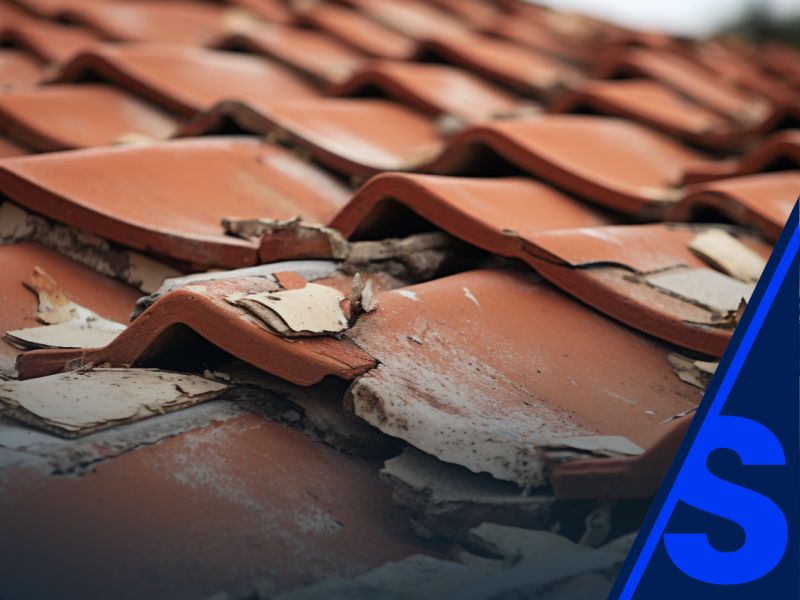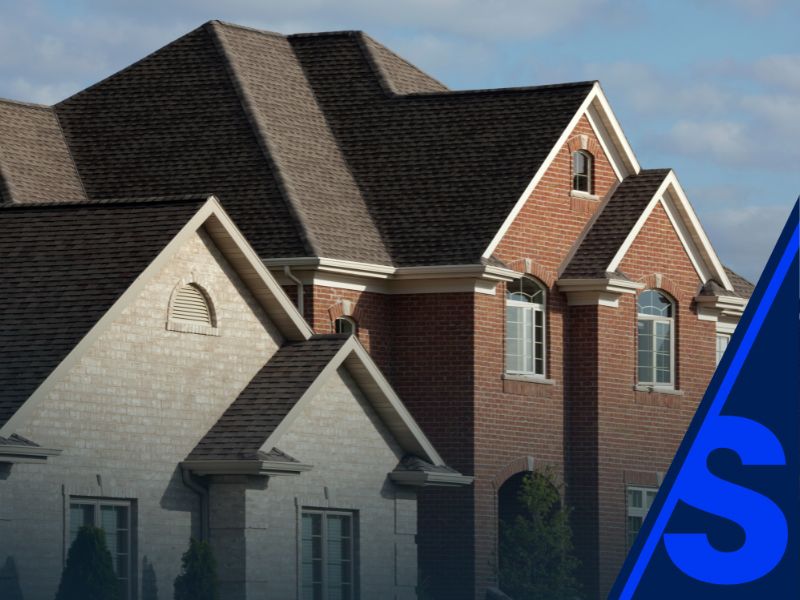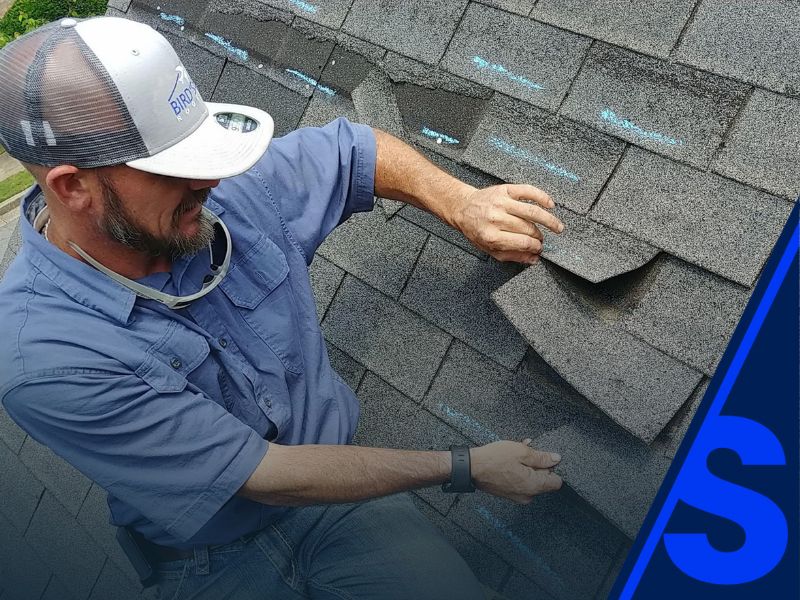Table of Contents
1. Introduction
When it comes to new build projects in Florida, the roofing phase is one of the most critical components of construction. Due to Florida’s intense weather conditions—extreme heat, humidity, and hurricanes—home builders must adhere to some of the strictest roofing codes in the country.
Whether you’re constructing a single custom home or a high-density residential development, understanding and meeting industry standards for Florida roofs is essential for long-term structural integrity and legal compliance.
This blog will walk you through the essential regulations, guidelines, and best practices every builder should follow and explain why working with a certified roofing contractor in Florida like CitySide Roofing can make all the difference in the success of your project.
2. Understanding the Florida Building Code for Roofs
The Florida Building Code (FBC) was established to enhance the safety, durability, and energy efficiency of structures across the state. Roofing standards are a major component, especially given Florida’s susceptibility to hurricanes and tropical storms.
Key aspects of the FBC relating to roofing include:
- Wind uplift requirements based on geographic zones
- Secondary water barriers to prevent water intrusion
- Fastener types and patterns
- Underlayment specifications
- Fire resistance and insulation regulations
For home builders, this means working only with materials and installation techniques that comply with code—and ideally, exceed it. Partnering with CitySide Roofing, a licensed and knowledgeable Florida roofing contractor, ensures your projects stay ahead of regulatory updates and compliance issues.
3. Key Industry Standards for New Construction Roofing
3.1 Wind Load Requirements for Florida Roofs
Given that parts of Florida fall under High Velocity Hurricane Zones (HVHZ), wind uplift requirements are at the forefront of all roofing designs.
Florida roofs must be able to withstand wind speeds ranging from 110 to 180 mph, depending on the location. The FBC mandates:
- Proper use of nail patterns and spacing for shingles
- Reinforced edge metal and flashing
- Secure attachment of underlayment and decking
- Hurricane-rated roofing systems with tested materials
Home builders must consider wind zones in the planning stage, and collaborate with a professional roofing contractor in Florida like CitySide Roofing, who has extensive experience implementing wind mitigation features.
3.2 Fire Resistance Ratings
Another industry standard is ensuring that roofing systems meet Class A fire ratings, which provide the highest resistance to flame spread. Although wildfires are less common than storms in Florida, heat and electrical systems in dense developments increase fire risk.
Class A-rated roofing materials include:
- Asphalt fiberglass shingles
- Metal panels with coated finishes
- Clay and concrete tiles
- Fire-retardant-treated wood shakes
Using these materials not only meets safety regulations but also enhances the longevity and insurability of a new build.
3.3 Energy Efficiency Standards
The Florida Building Code requires that new construction roofs contribute to the energy efficiency of the home. Builders must ensure:
- Compliance with cool roofing standards (Solar Reflectance Index, or SRI)
- Use of radiant barriers in attic spaces
- Proper insulation R-values in roof assemblies
- Ventilation systems that minimize heat buildup
This is especially important in high-density residential builds where reducing heat gain can have a significant effect on overall utility costs.
CitySide Roofing works with home builders to integrate efficient roofing materials into the building envelope—helping you deliver energy-smart homes that meet modern buyer expectations.
3.4 Material Durability Expectations
Industry standards also demand that roofing materials used in new builds meet longevity benchmarks. In Florida, this includes resistance to:
- Salt corrosion (especially in coastal areas)
- UV degradation
- Moss and algae growth due to high humidity
- Water infiltration during long rainy seasons
Professional installation by an experienced roofing contractor in Florida ensures these materials perform to spec and protect your investment in the long term.
4. Role of a Professional Roofing Contractor in Florida
While builders oversee multiple construction elements, roofing is one area where specialization matters immensely. An experienced contractor like CitySide Roofing provides:
- Code compliance assurance at all stages of construction
- Accurate takeoffs and material forecasting
- Efficient project timelines and labor management
- Premium installation practices backed by warranties
- Expert handling of inspections and documentation
CitySide also maintains close communication with general contractors and site managers, ensuring that the roofing process integrates smoothly into the overall build schedule.
5. Common Pitfalls for Builders and How to Avoid Them
Even seasoned builders can encounter setbacks if they overlook key roofing details. Here are some common pitfalls and how to avoid them:
- Incorrect fastening systems that fail inspection
- Improper slope for drainage, especially on flat roofs
- Inadequate attic ventilation leading to moisture problems
- Using non-compliant or outdated materials
- Misaligned timelines, delaying inspections or finishes
All of these can be avoided by partnering early with a qualified roofing contractor in Florida, who will flag potential issues and help you stay ahead of delays and costly rework.
6. Why CitySide Roofing Is a Trusted Partner for Home Builders
CitySide Roofing has built a reputation for delivering top-tier roofing services for new builds in Florida, whether it’s a 5,000-unit national project or a bespoke 20-home development.
Here’s why home builders choose CitySide Roofing:
- Deep Knowledge of Florida Codes – Our team stays updated on all building regulations and local jurisdiction requirements.
- Scalable Services – Whether it’s tract housing or custom homes, we tailor our roofing services to your project size.
- Premium Materials – We use only high-quality, code-compliant materials suited to Florida’s climate.
- Skilled Labor – Our trained crews understand the unique pressures of high-density and multi-phase builds.
- Seamless Communication – We collaborate closely with developers, architects, and inspectors to keep everything moving.
When you need a roofing partner who understands the realities of Florida construction, CitySide Roofing is your go-to source for professionalism, performance, and peace of mind.
7. Conclusion
Florida’s roofing standards are stringent for a reason—they’re designed to ensure the safety, energy efficiency, and long-term durability of every home built under the state’s intense climate. For home builders, understanding and applying these industry standards is not just a matter of compliance, but a strategy for protecting your reputation and the homes you construct.
Working with an expert roofing contractor in Florida like CitySide Roofing eliminates guesswork, reduces liability, and ensures your new build projects meet the highest quality benchmarks in the industry.
Ready to meet Florida’s roofing standards with confidence? Contact CitySide Roofing today and partner with the professionals who know how to get the job done right.
Related Reading: Custom Roof Designs for Builder Showcase Homes

